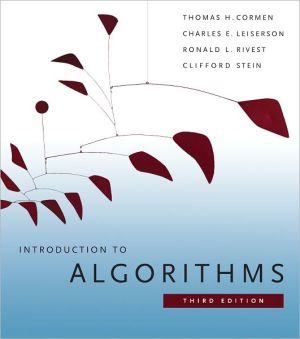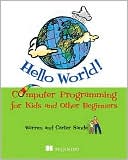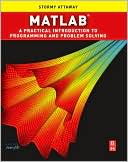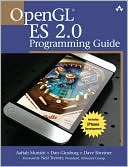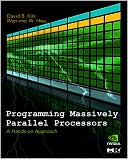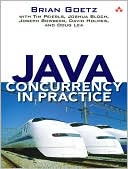Genetic Algorithms + Data Structures = Evolution Programs
Genetic algorithms are founded upon the principle of evolution, i.e., survival of the fittest. Hence evolution programming techniques, based on genetic algorithms, are applicable to many hard optimization problems, such as optimization of functions with linear and nonlinear constraints, the traveling salesman problem, and problems of scheduling, partitioning, and control. The importance of these techniques is still growing, since evolution programs are parallel in nature, and parallelism is...
Search in google:
Genetic algorithms are founded upon the principle of evolution, i.e., survival of the fittest. Hence evolution programming techniques, based on genetic algorithms, are applicable to many hard optimization problems, such as optimization of functions with linear and nonlinear constraints, the traveling salesman problem, and problems of scheduling, partitioning, and control. The importance of these techniques is still growing, since evolution programs are parallel in nature, and parallelism is one of the most promising directions in computer science.The book is self-contained and the only prerequisite is basic undergraduate mathematics. This third edition has been substantially revised and extended by three new chapters and by additional appendices containing working material to cover recent developments and a change in the perception of evolutionary computation.
Introduction11GAs: What Are They?132GAs: How Do They Work?333GAs: Why Do They Work?454GAs: Selected Topics575Binary or Float?976Fine Local Tuning1077Handling Constraints1218Evolution Strategies and Other Methods1599The Transportation Problem18110The Traveling Salesman Problem20911Evolution Programs for Various Discrete Problems23912Machine Learning26713Evolutionary Programming and Genetic Programming28314A Hierarchy of Evolution Programs28915Evolution Programs and Heuristics30716Conclusions329Appendix A337Appendix B349Appendix C353Appendix D359References363Index383

